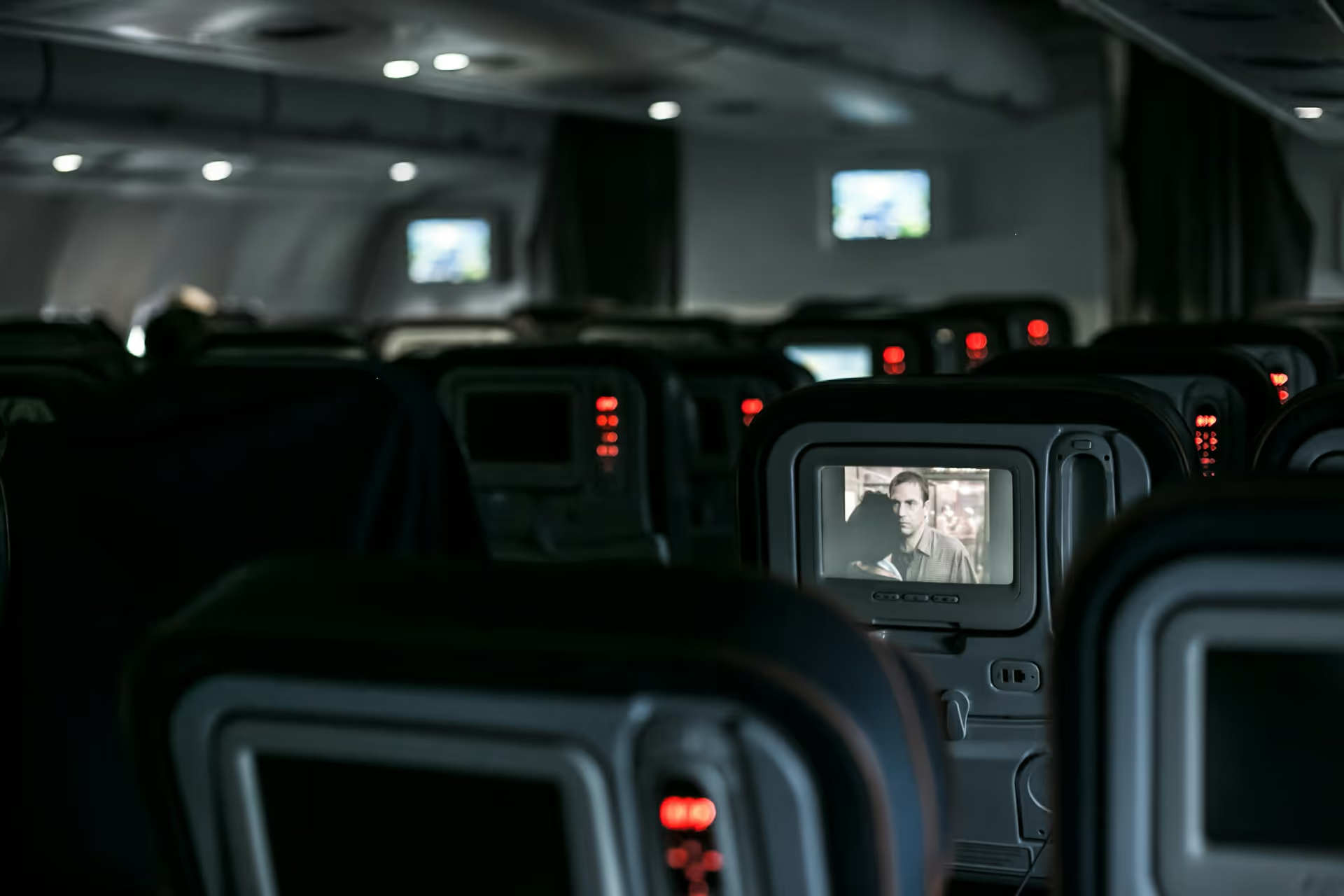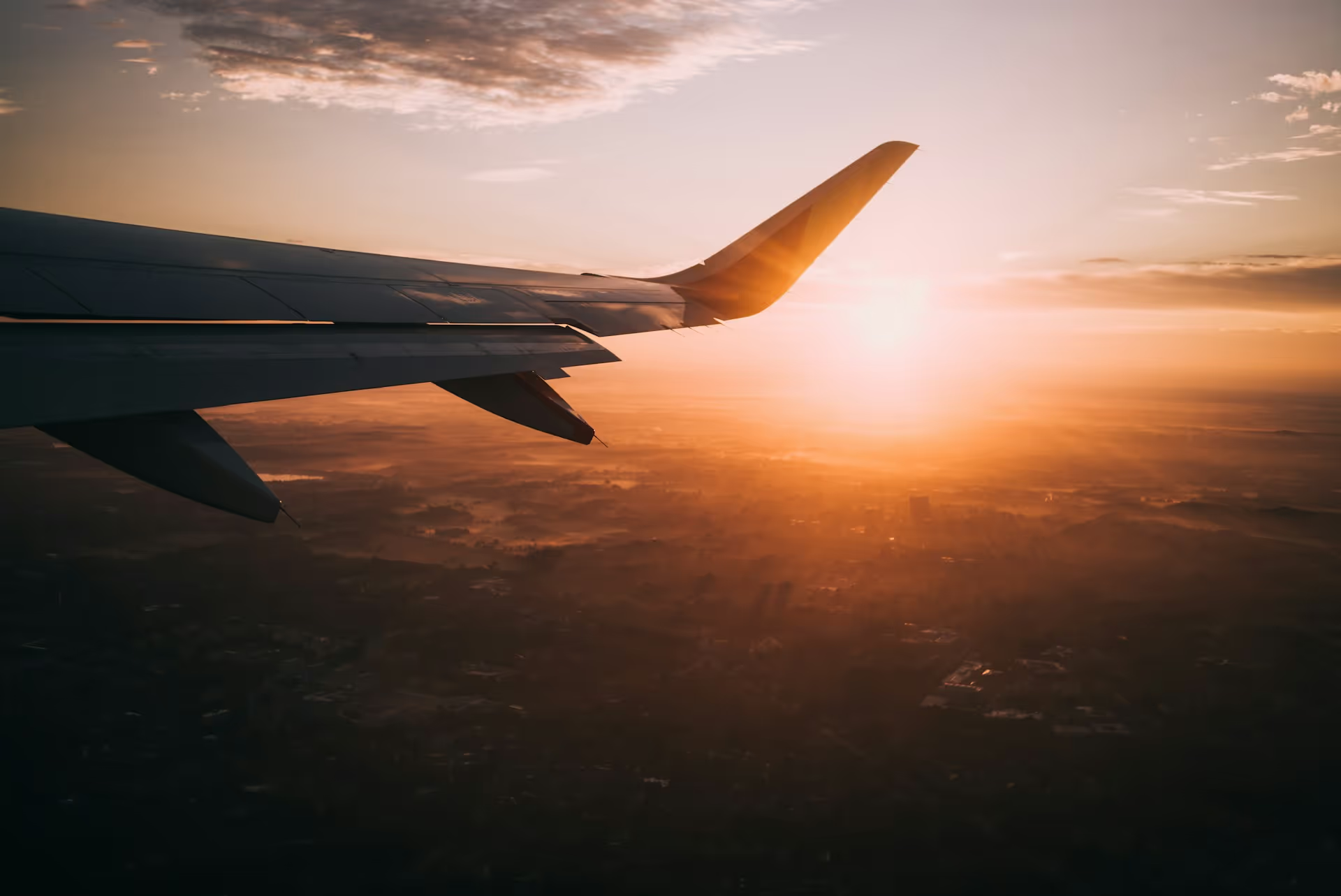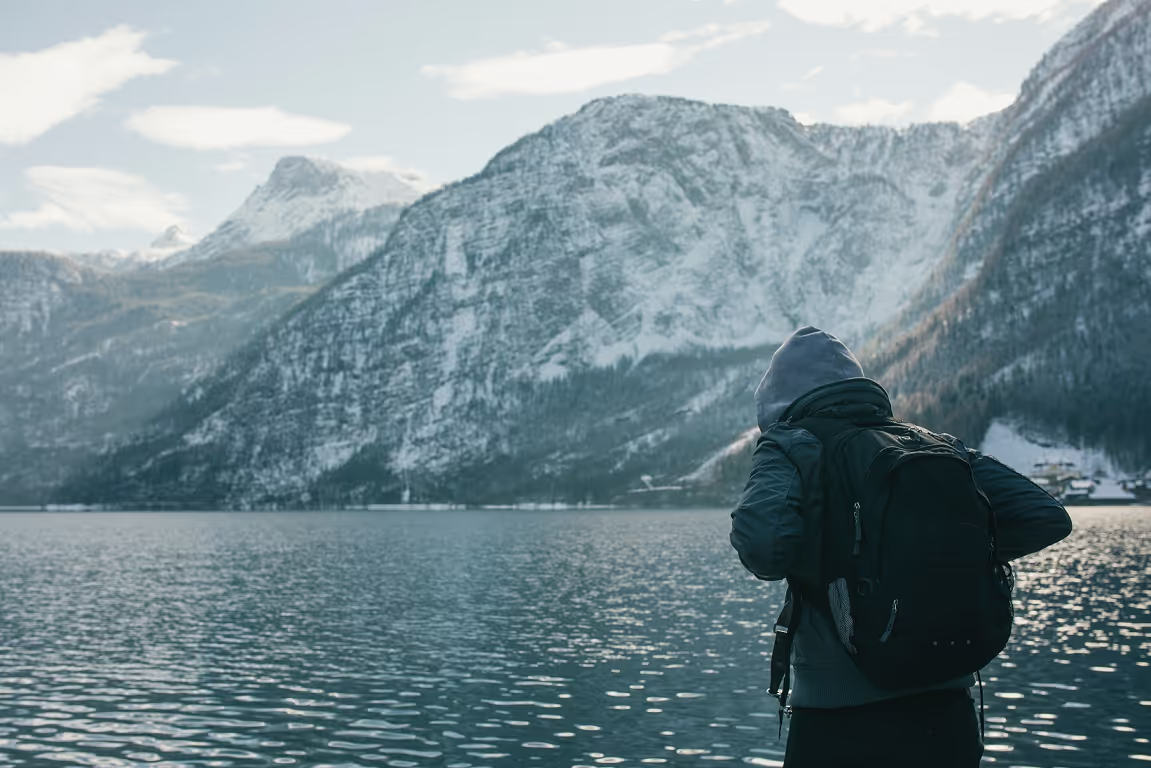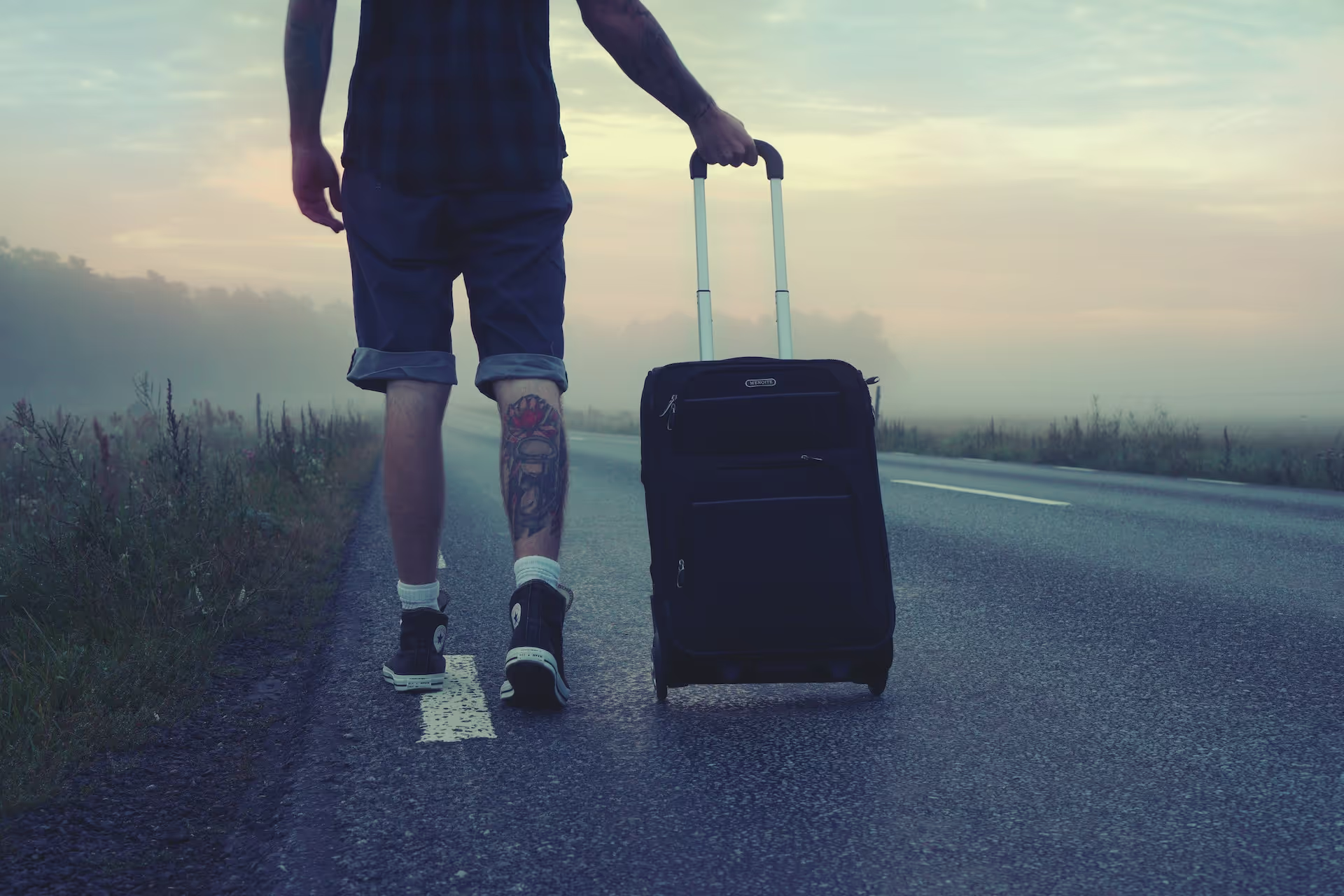Your Complete Guide to Travel Safety & Preparedness
Whether you're embarking on a short trip or setting off on a grand adventure, our goal is to equip you with all the essential information and tips you need for a safe and enjoyable journey. From understanding the importance of comprehensive travel insurance to learning key phrases in the local language, our guide covers a range of topics designed to enhance your travel experience. Navigate through our sections to find detailed advice on everything from emergency preparedness to cultural etiquette. Let’s ensure that your travel is as smooth and secure as possible!
What we'll go over
In this guide, we'll explore key points to ensure your travels are both safe and rewarding. We'll cover the importance of checking your health insurance coverage for international travel, the essentials of staying informed about local conditions, and how to effectively communicate your itinerary to loved ones. Additionally, we'll discuss practical tips such as downloading offline maps, utilizing a reliable VPN, and learning basic local phrases. Each section is designed to equip you with the knowledge and tools needed to handle unexpected situations and make the most of your adventures abroad.
2 Key points we'll go over:
- Travel Insurance
- Things to keep in mind
Business Insider's "How to stay safe while traveling abroad"
Travel Health Insurance
When planning a trip abroad, it's essential to evaluate your existing health insurance coverage meticulously. Typically, standard health insurance plans offer limited international coverage, and for Medicare beneficiaries, international incidents are generally not covered at all. This means if you have pre-existing medical conditions, allergies, or if you are a senior, obtaining comprehensive international health insurance is advisable. The cost of upfront payment for insurance might seem unnecessary, but it can significantly reduce the financial burden of unexpected medical expenses abroad—taking the risk is simply not worth it.
Regarding basic travel insurance, while it may seem beneficial, it is not always necessary. For instance, in cases of flight cancellations, many airlines provide protections that may render additional travel insurance redundant. Often, you are entitled to a seat on the next available flight or a refund if your flight is canceled for any reason. Additionally, U.S. citizens have the privilege to cancel airline tickets within 24 hours of purchase without penalty, but this only applies if the booking is made directly with the airline and not through a travel agency.
or younger, healthy adults, the necessity of travel insurance may seem even less clear. While an unexpected event can occur, the likelihood is often low depending on your destination. Essentially, you might be paying over $50 simply for peace of mind.
It is worth reiterating that no destination is completely free of risk. Unexpected events can occur even in the safest of places. Thus, being overly cautious and ensuring adequate preparation for your security and well-being can never be overstated. Always consider the potential risks and the specific circumstances of your travel when deciding on the necessity and scope of your insurance coverage.
"Better safe than sorry." - Anonymous











